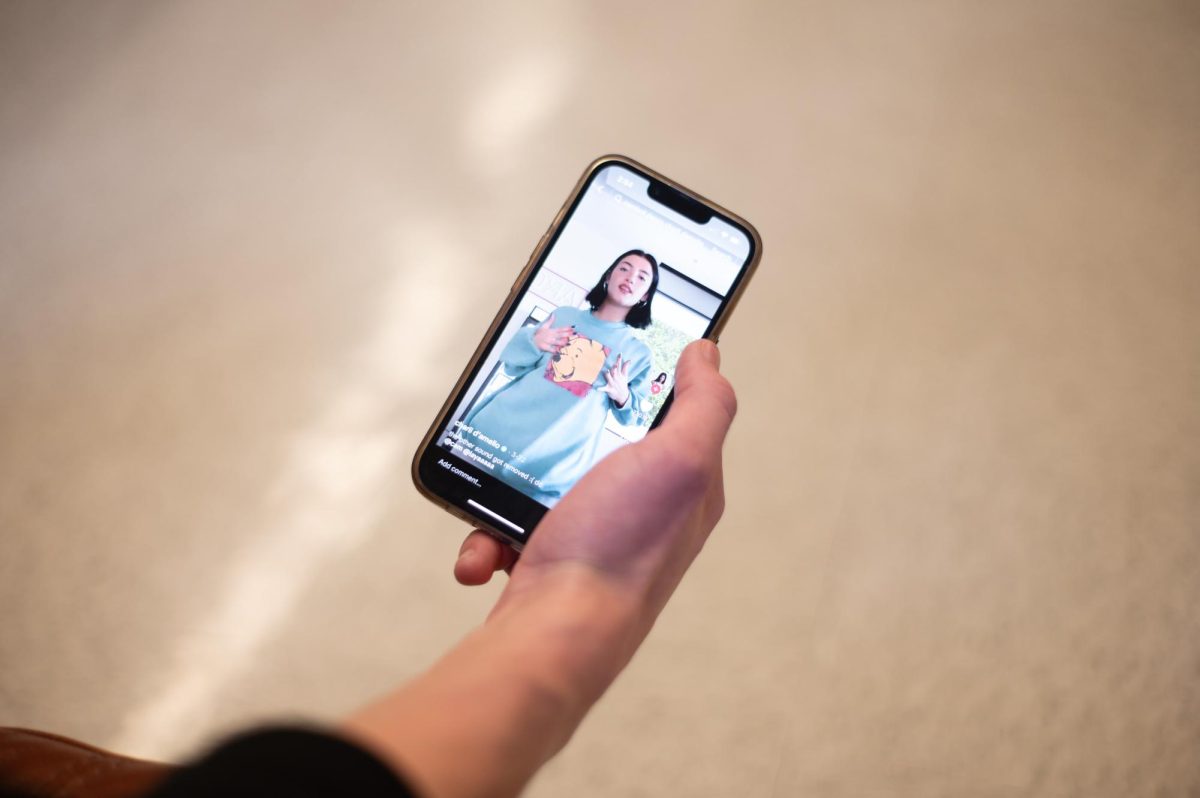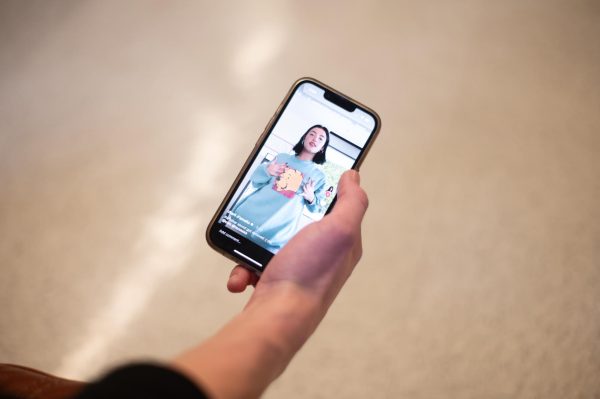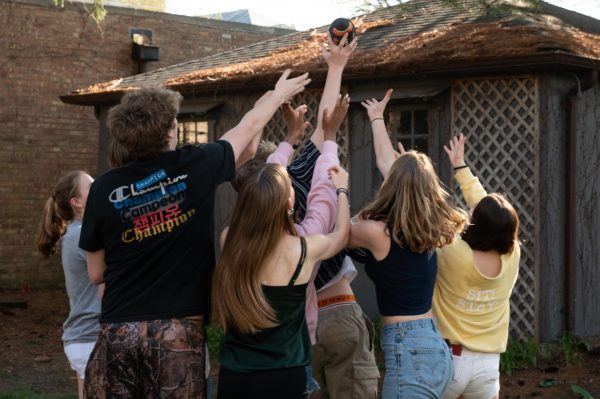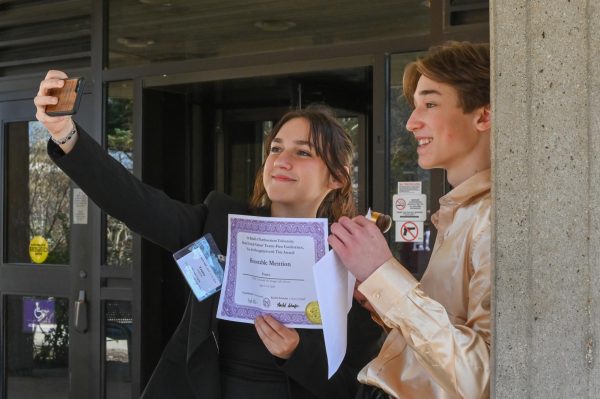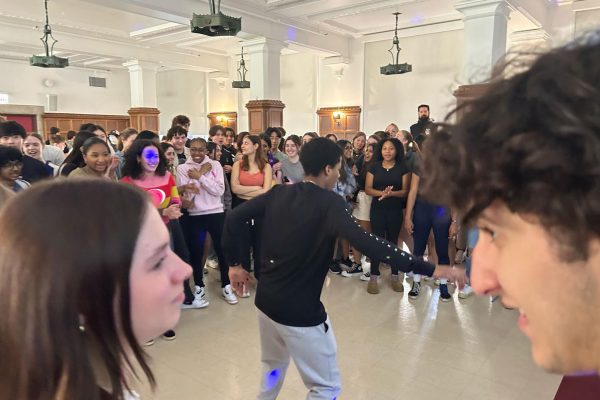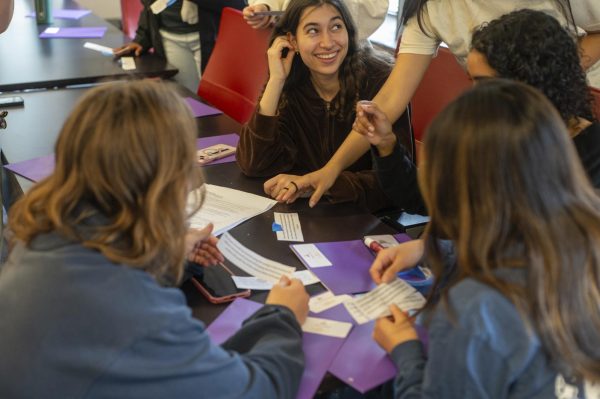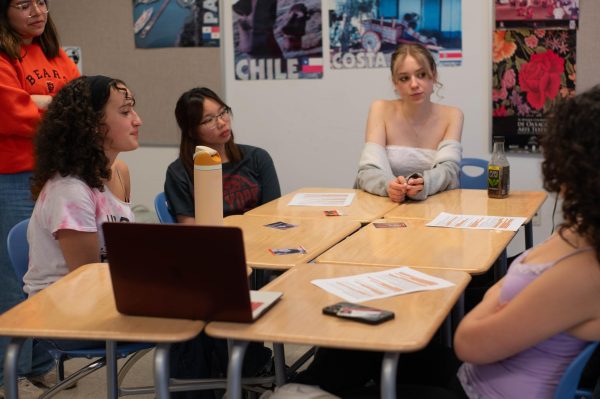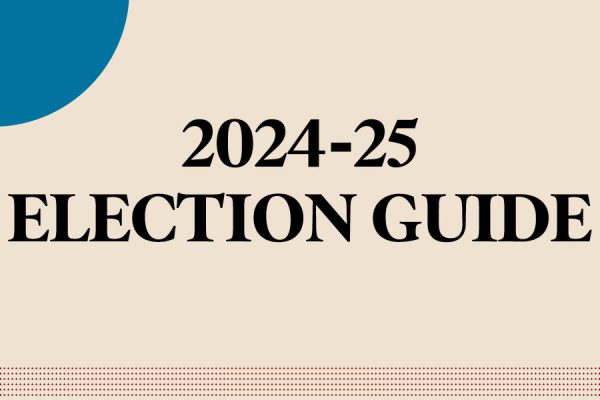Faculty union, director at odds about new policy
March 8, 2018
A new fingerprint-based background check requirement has placed Lab Schools Director Charlie Abelmann and the Faculty Association at odds. Dr. Abelmann has proposed the mandatory procedure for all Lab Schools employees as a condition of employment.
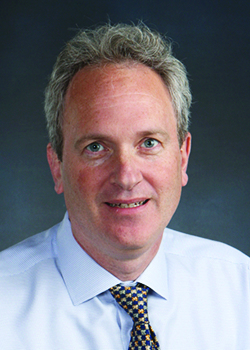
According to the Illinois State Code, all schools that have been given “non-public school recognition” status by the Illinois State Board of Education have been required to conduct fingerprint-based background checks of employees hired since July 1, 2007. Although the law only applies to faculty hired on or after that date, Dr. Abelmann has decided to mandate that all employees undergo this process.
The Faculty Association, the teachers’ union, believes faculty hired prior to the July 1, 2007, date should not be required to comply with this new procedure. The clerical union has not expressed a concern about the fingerprint background checks.
Current practice is that before being hired all employees must undergo a criminal background check, which includes a check of the sex offender database. Dr. Abelmann believes this process is not sufficient. The fingerprint-based background check will not only identify past crimes committed by employees, but it would also notify the director’s office if an employee is arrested moving forward.
“Generally, the standard [is that] individuals who work with children get fingerprinted as part of a background check,” Dr. Abelmann said.
Dr. Abelmann believes requiring all current Lab School employees to participate in this process is best practice. He also believes implementing the fingerprint-based checks shows a commitment to keeping students at Lab safe.
After Dr. Abelmann communicated to all faculty and staff of this policy change, the Faculty Association filed a grievance and an unfair labor practice charge on Feb. 23.
“The first communication given by the director said that all teachers would have to be fingerprinted as a condition of continued employment of the school,” Jim Catlett, Faculty Association president, said. “That kind of statement represents a change in the conditions of employment at the school that would have to be bargained with the union.”
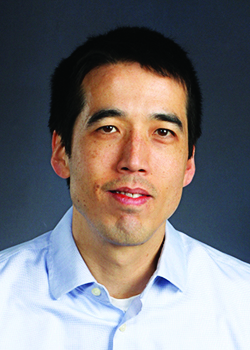
Despite Dr. Abelmann’s belief that requiring all faculty to undergo the fingerprint-based background check is best practice, Mr. Catlett and the Faculty Association maintain employees hired before July 2007 do not pose a security threat or risk to the school.
Mr. Catlett said the FA has agreed to follow the policy for faculty hired after July 2007.
“But we’re talking about faculty that have given 11-plus years to this school,” he said. “We don’t think they’re a safety risk to the students or the school.”
The fingerprint background checks won’t be implemented until Dr. Abelmann considers the merits of the grievance. Pending his decision to follow through with the new practice, the grievance may progress to a third-party arbitration to settle the policy change.
Dr. Abelmann holds strong that it is crucial to eliminate any doubt that faculty and staff in contact with students on a daily basis pose a threat to their wellbeing.
“If I can prevent something horrible from happening to kids, where a person had a previous record and should not have been around youth, I want to be able to prevent it,” Dr. Abelmann said. “The last thing I want is to have an incident happen that could have been prevented. If they had a record and it happened, it really is a tragedy. It’s the difference between an accident and a tragedy in my mind.”







